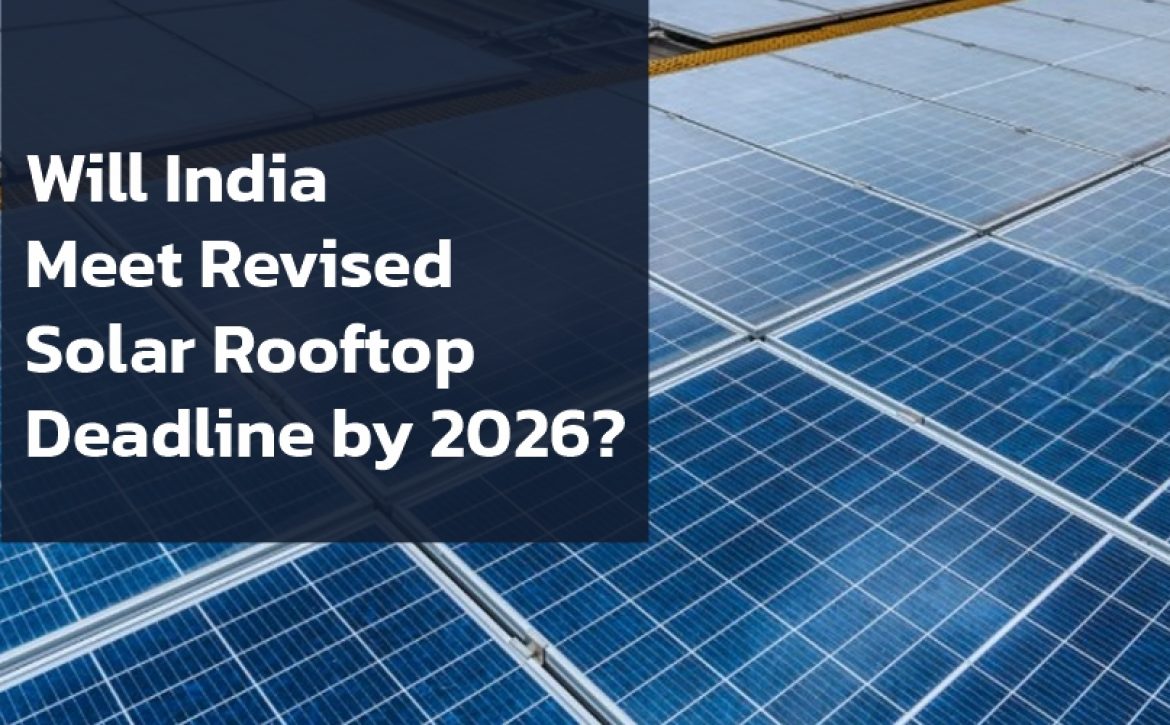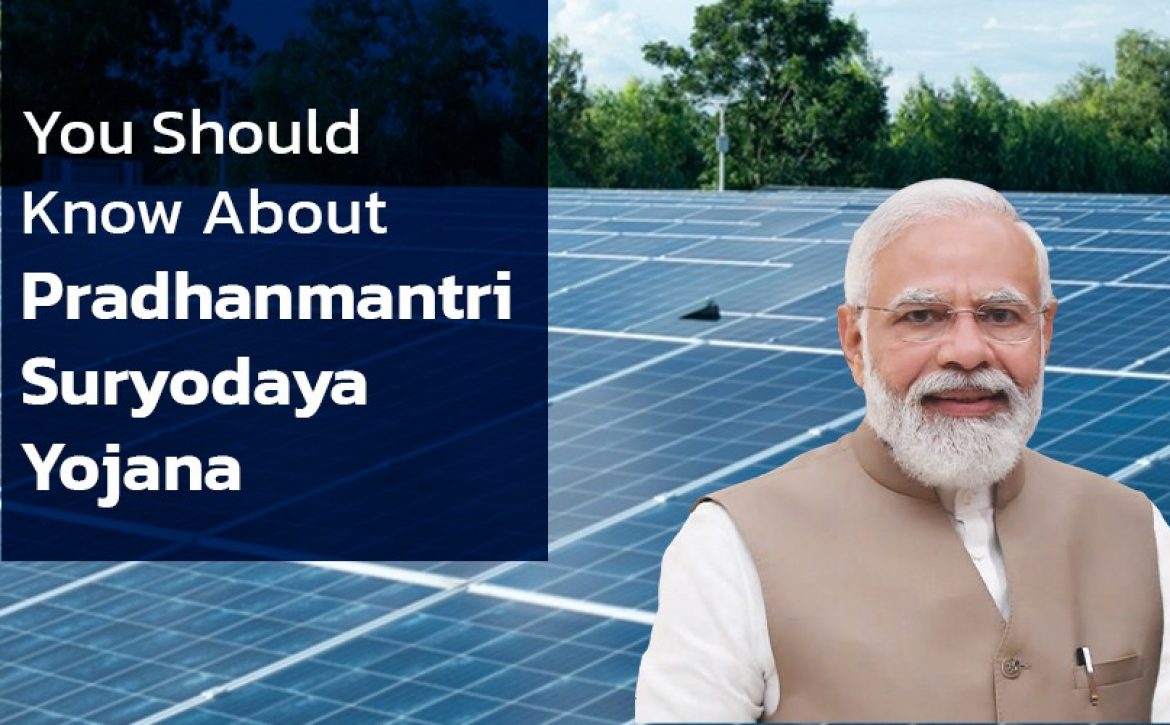Will India Meet Revised Solar Rooftop Deadline by 2026?
How does the existing subsidy structure for coal-fired electricity impact the affordability of rooftop solar systems?
The existing subsidy structure for coal-fired electricity distorts the true energy cost and creates an uneven playing field for rooftop solar systems. Coal power plants receive subsidies that bring down the upfront cost for electricity generation companies. These subsidies often don’t reflect the full environmental and health costs of coal pollution. The subsidized generation cost translates to lower retail electricity prices for consumers. This makes rooftop solar, which has a higher upfront cost despite lower long-term running costs, seem less attractive financially. Lower retail electricity prices due to coal subsidies decrease the potential savings from generating your own solar power. This lengthens the payback period for rooftop solar investments, making them less appealing for cost-conscious consumers. In essence, coal subsidies artificially cheapen grid electricity, hindering the economic viability of rooftop solar and slowing down the transition to cleaner energy sources.
What are some of the key challenges identified in achieving widespread adoption of rooftop solar systems in India, particularly in rural areas?
Widespread adoption of rooftop solar in rural India encounters several challenges unique to these areas. While solar panels promise long-term savings, the initial investment poses a significant barrier for rural households with limited disposable income. Therefore, subsidies and tailored financing options are essential to make solar energy accessible. Moreover, many rural regions suffer from unreliable or nonexistent grid infrastructure, limiting the benefits of rooftop solar as generated power cannot be fed back to the grid for net metering. Addressing this issue requires significant investment in grid infrastructure. Additionally, the lack of access to information and technical expertise about solar technology inhibits adoption in rural communities, emphasizing the need for educational outreach programs. Furthermore, the structural suitability of common rural roof types, such as thatched roofs, for solar panel installations poses a challenge, necessitating alternative mounting solutions or exploring ground-mounted options. Moreover, the perception of complex maintenance requirements can discourage rural households from embracing solar energy. To overcome this, easy-to-maintain systems and accessible local service providers are essential. By implementing targeted policies, providing financial incentives, and conducting capacity-building initiatives, the vast potential of rooftop solar in rural India can be unlocked.
What are the factors that should be focused on to achieve the 40 GW target by 2026?
India can create a conducive environment for rapid rooftop solar deployment and achieve the ambitious 40 GW target by 2026 and achieve the same via a multi-pronged approach focusing on technical and financial aspects. Develop innovative financing models like rooftop solar loans with attractive interest rates, long repayment terms, and power purchase agreements (PPAs) for larger installations. This can improve affordability and spread the upfront cost. Simplify and streamline net metering policies to incentivize excess power feed-back to the grid. This can encourage larger rooftop installations and presumption models where consumers are both producers and consumers of electricity. Target subsidies towards low-income households in rural areas to bridge the affordability gap. Upgrade and expand the distribution grid infrastructure, especially in rural areas, to handle the increased power injection from rooftop solar systems and ensure reliable grid integration. Promote research and development in areas like building-integrated photovoltaics (BIPV) for efficient use of rooftop space, and explore cost-effective, lightweight mounting solutions suitable for different roof types.
How has India’s solar energy capacity evolved over the past decade, and what role do residential rooftop installations play in achieving the country’s renewable energy targets?
India’s solar energy sector has experienced remarkable growth in the past decade, surging from a modest 1.9 GW in 2010 to over 100 GW by 2023. This phenomenal expansion can be attributed to several factors. Technological advancements in photovoltaic technology have notably slashed panel costs, rendering solar energy more economically feasible. Moreover, supportive policies such as subsidies, net metering, and production-linked incentives have propelled the widespread adoption of large-scale solar projects. However, residential rooftop installations, although currently representing a smaller segment of the total solar capacity, offer unique advantages. Firstly, rooftop solar facilitates decentralized power generation, diminishing reliance on centralized power plants and transmission infrastructure. Additionally, rooftop solar generation during peak demand periods, particularly in the afternoons, alleviates strain on the grid. Furthermore, rooftop solar contributes to enhancing grid resilience by diversifying the energy mix and bolstering grid stability. While large-scale solar farms remain pivotal, the widespread adoption of rooftop solar is imperative for India to achieve its ambitious renewable energy targets.
The Interview is originally published in Entrepreneur India April issue
Read Full Interview: https://www.entrepreneur.com/en-in/growth-strategies/will-india-meet-revised-solar-rooftop-deadline-of-2026/472108



 Get Quote
Get Quote
